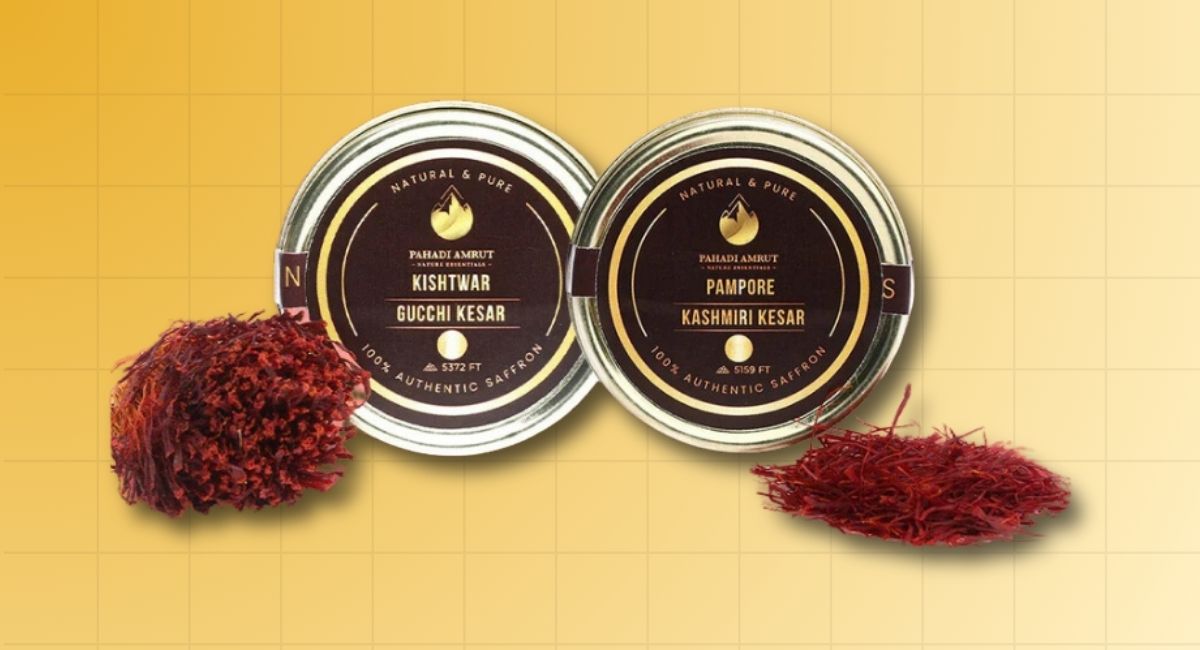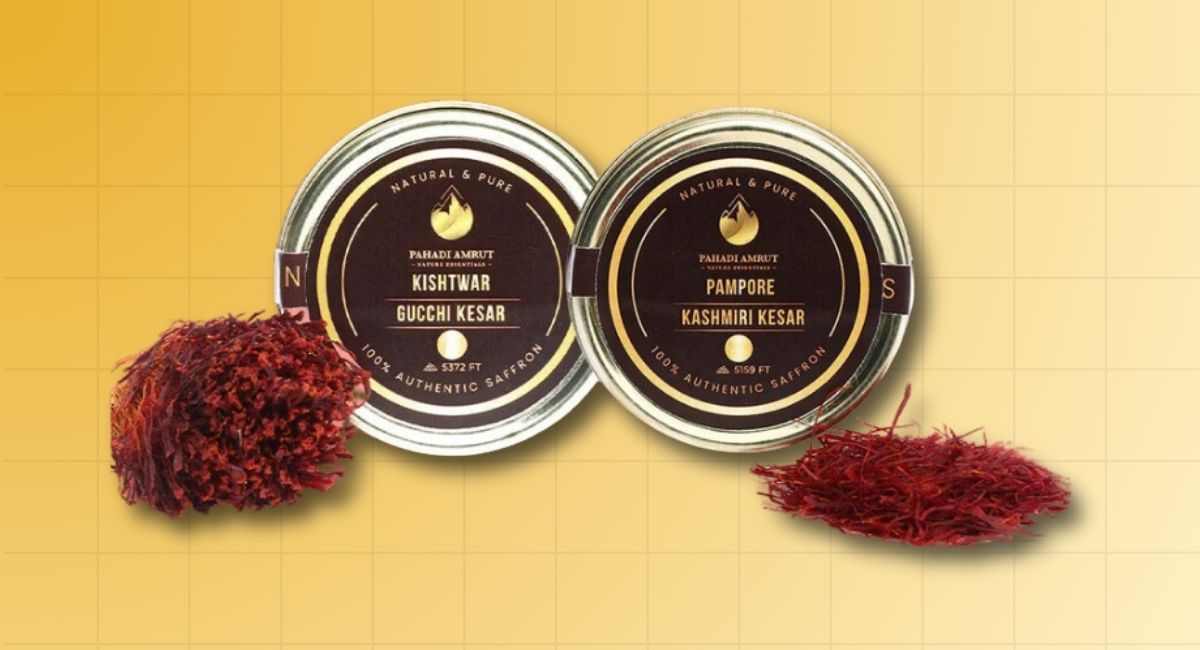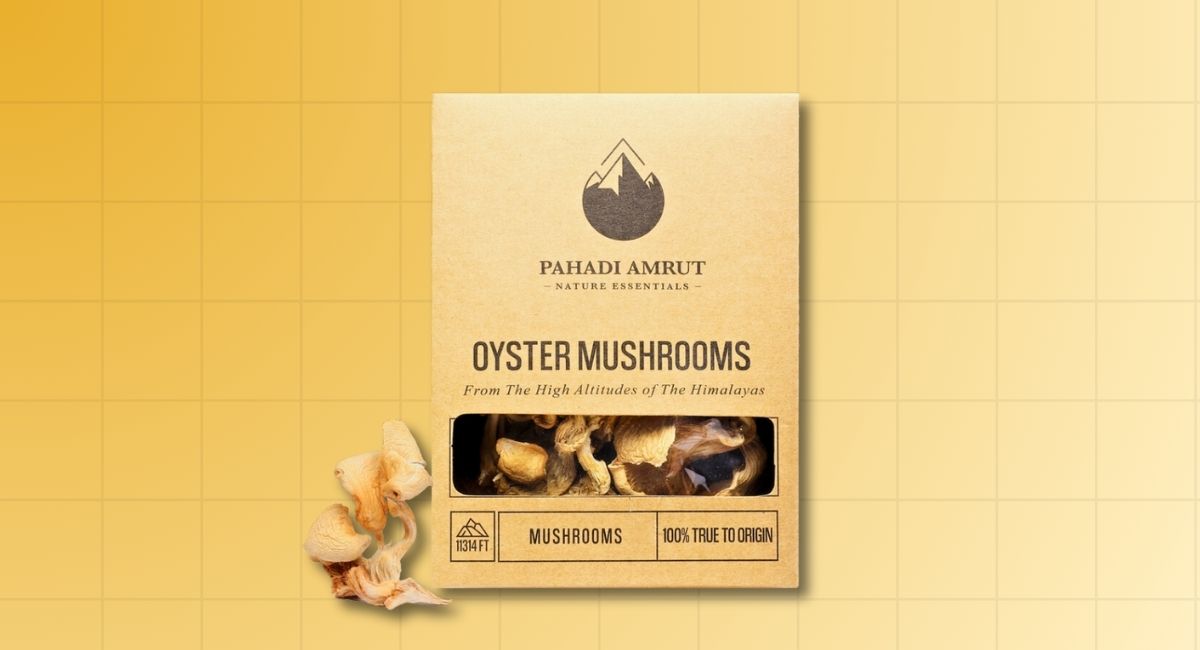Saffron or kesar is one of the most expensive spices that you can consume in your day-to-day life.
Also known as “red gold,” it’s a powerful antioxidant that can help with multiple health conditions, including hypertension, cancer, depression, inflammation, and asthma.
But one of the most asked questions surrounding saffron is does saffron expire?
Even if you get the highest grade of Kashmiri saffron, you must know the shelf life of saffron (kesar).
Let’s get deep into the topic and help you find the relevant answers.
How Is Saffron Produced?
Before we understand the expiry of saffron, we must understand how the highest grade saffron is produced. Saffron cultivation is a careful process. In Jammu and Kashmir, the Crocus sativus flowers bloom between October and November for about three weeks. Here’s a sneak-peak into the cultivation process:
Planting the flower
Saffron corms (bulbs) are planted in well-drained soil during late summer between August and September. Then the soil is prepared by plowing and removing weeds to ensure optimal growth conditions.
Waiting for the flower to grow
After planting, the corms develop into plants that remain dormant during the winter months. In mid-October the plants begin to sprout, signaling the start of the flowering season.
Harvesting the flower
The saffron flowers bloom between October and November and last about three weeks. Each flower has a lifespan of approximately 48 hours. Farmers harvest the flowers by hand which is a tradition that has been followed for many years.
Processing the saffron
After harvesting, the delicate red stigmas (threads) are carefully separated from the flowers. These threads are then dried to produce saffron. Traditionally, drying is done by sun-drying. It helps to retain the quality of the saffron compared to modern methods like vacuum drying.
Now that you know the traditional method that helps to retain the quality of the product, let’s answer the question: can saffron kesar ever expire?
Also Read: Health Benefits of Kashmiri Kesar(Saffron)
Can Saffron Ever Expire?
Yes, saffron can lose its potency over time. But it doesn't spoil like perishable foods. It won't go bad in the same way that fruits or vegetables do, but its flavor, smell, and color can fade over time.
So, we recommend you store your saffron or kesar in an airtight container to protect it from air and moisture.
It's best to place the container in a cool, dark spot, away from light and heat to increase the shelf life of saffron (Kesar). If you follow the suggested approach, your saffron can stay at its best quality for about 2-3 years.
Tip: If you notice that your saffron has lost its bright color or strong aroma, it's a good idea to replace it. It can help you ensure that your dishes have the rich flavor and vibrant appearance that saffron is known for.
Shelf Life of Saffron (Kesar)
Saffron threads can last 2 to 3 years if you store them properly after the sell-by date. However, if the saffron is ground or powdered, it will only stay good for about 6 to 12 months.
Note: Remember, the date when saffron is harvested is not always the same as when you buy it.
Factors Affecting the Shelf Life of Saffron
Although the shelf life of saffron is 2-3 years multiple factors can impact the overall expiry range of saffron:
How do you store your saffron?
If you expose your saffron to light, heat, and moisture it can degrade saffron's quality. So, it’s essential to store saffron in an airtight container in a cool, dark place to retain its potency.
Is your saffron whole thread or powder form?
Whole saffron threads generally have a longer shelf life compared to powdered saffron. Whole threads can last up to two to three years, while powdered saffron remains viable for around 6 to 12 months.
Is your saffron packed in an airtight container?
Proper packaging helps protect saffron from environmental factors. If your saffron is packed in airtight containers it minimizes exposure to air and moisture.
Side Effects of Consuming Old Saffron
No, consuming old saffron is not harmful to your health and doesn’t have any side effects. The only risk of using expired saffron is that it will lose its smell, flavor, and bright color. It won't work well in your cooking, and you may end up with a bland dish.
Now as all your questions are answered, there is one important unanswered question.
Also Read: How to Check The Purity of Quality of Saffron
Where To Buy Pure Saffron?
Quality is key when it comes to purchasing saffron or kesar. High-grade saffron like the kashmiri saffron is dried at high temperatures to remove as much moisture as possible. If there is too much moisture in saffron, it can lead to germs and mold.
You won’t find moisture content listed on the labels when you buy saffron or spices. Therefore, it's important to purchase saffron from trusted and reputable spice dealers to ensure you get the best quality.
That’s where you can trust Pahadi Amrut.
Pahadi Amrut's saffron is the purest saffron available. From Kashmir Pampore Kesar to Kishtwar Gucchi Kesar, we have the top-notch quality saffron there is in India.
By choosing Pahadi Amrut, you can be confident that you're getting high-quality saffron that enhances your cooking and supports your health.
We provide whole kesar strands packed in airtight containers. Also, each kesar strand is handpicked and sun-dried to ensure maximum potency for you.
So, what’s making you wait?
Choose from the finest collection of purest saffron available for you.


